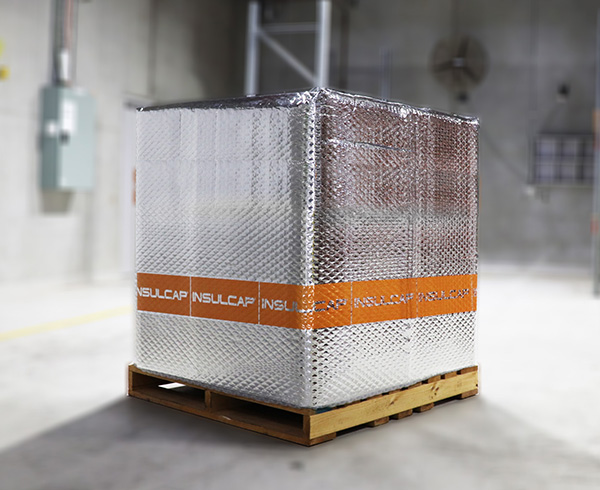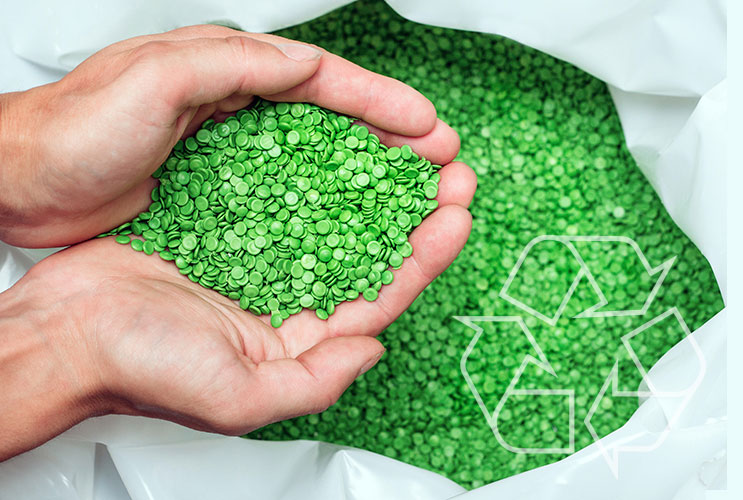
Innovative protection against the risk of thermal excursion.

Superior thermal protection for pharmaceutical products.
Reducing the risk and loss from excursions when transporting product globally.
INSULCAP®
INSULBOX®
INSUL®TECHNOLOGY
Wilpak Group International provides innovative thermal protection solutions for the global pharmaceutical industry to manage risks to temperature sensitive products during transport and storage.

InsulCap®
InsulCap® thermal pallet covers are manufactured from lightweight insulation materials that regulate temperature using Wilpak’s globally recognised, seven-layer Insul® Technology to provide protection of temperature sensitive products at any and every point in the supply chain and especially when breaks occur, such as when goods are being loaded or unloaded.
InsulBox®
InsulBox® thermal protection box liners utilise the same lightweight insulation materials and globally recognised seven-layer Insul®Technology as InsulCap® but in the form of box liners which can be custom manufactured to suit any size box or container. Ideal for managing temperature when transporting small pharmaceutical or organic goods.



What is Insul®Technology?
Developed by and exclusive to Wilpak International Group, Insul®Technology utilises seven layers of insulation to create a thermal barrier that reflects radiant heat and reduces the conduction and convection of thermal energy thereby controlling the temperature within pallets and boxes and reducing the risk of excursion in pharmaceuticals and other temperature sensitive products.
INSULRECYCLE®

Insulcap® is now greener on the inside
INSULRECYCLE® from Wilpak Group International is the thermal barrier innovation for the future, a high performing and recyclable solution that is available now.

InsulCap® created to manage the temperature profiles of pharmaceutical products.

How InsulCap® met the challenge of a 77-hour flight Melbourne to Chicago (via Hong Kong)
The simulated air freight shipment of 15ml vials of liquid medication, boxed and palletised (1M3 approximately) was required to sit within a temperature range of not greater than 300C and not less than 0°C. The total trip time was approximately 77 hours – Melbourne to Chicago (via Hong Kong) with exposure profile designed to replicate the typical northern hemisphere winter…
